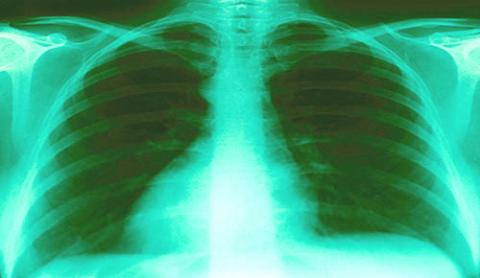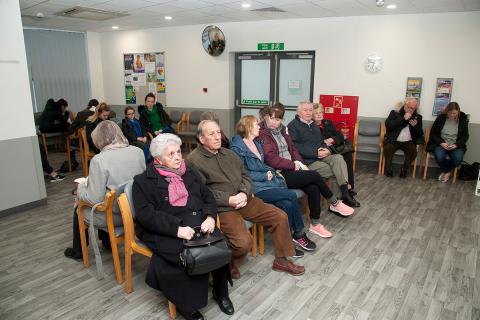Read our most frequently asked questions about FCP services in primary care.
About first contact physiotherapy services
What is a musculoskeletal first contact physiotherapist?
- First contact physiotherapists (FCPs) are advanced practitioners working within primary care with extensive expertise in the clinical assessment, diagnosis and management of musculoskeletal (MSK) conditions. See 'What FCPs can offer you'
- FCPs see patients with (suspected or diagnosed) MSK conditions as the first point of contact, instead of a GP, and can be accessed directly by contacting the practice’s reception.
- In England HEE have developed The First Contact Practitioners and Advanced Practitioners in Primary Care: (Musculoskeletal) A Roadmap to Practice. This is a document that provides a clear educational pathway from undergraduate to Advanced Practice for clinicians wishing to pursue a career in primary care. All clinicians applying for roles in primary care should have completed training and been recognised by the Centre for Advancing Practice prior to job interview by April 2022.
What do FCPs do during appointments?
- A typical FCP appointment involves assessment, diagnosis and first-line treatment. FCPs can also refer patients for a course of physiotherapy treatment, order investigations or make referrals into secondary care services using the same pathways as GPs. Some FCPs are also able to independently prescribe and provide injection therapy.
- As a person-centred service, most appointments include self-management advice, social prescribing, and discussions about physical activity and fitness for work.
How long are FCP appointments?
- Most services find 20 minute appointments allow for safe and effective consultation. FCPs also require additional time for administrative activities.
What is the difference between FCP and self-referral?
- Typically, self-referral services are accessed by patients who know they need to see a Physiotherapist. As most FCP appointments are booked through the general practice’s reception, FCPs see many patients who had not considered seeing a Physiotherapist in the first instance. Also, unlike self-referral or direct access, FCP is not (early access to) a course of Physiotherapy. Should the patient require further treatment, then the FCP can make a referral.
Will FCP roles affect triage services?
- We would expect FCP to impact other physiotherapy services. What this impact looks like will vary due to factors such as local population, workforce and commissioning models. In many areas the need for these services will continue, although the demand may reduce as more patients access expertise earlier in the pathway.
Can private practitioners provide FCP services within GP practices?
- Private practitioners may well have the skills and experience necessary to work as the first point of contact in primary care settings. However, there must be robust clinical governance arrangements in place to ensure safety and prevent professional isolation. This includes access to appropriate referral pathways and diagnostic rights across local MSK pathways and the correct level of clinical supervision/review and mentoring as reflected in the The First Contact Practitioners and Advanced Practitioners in Primary Care: (Musculoskeletal) A Roadmap to Practice which FCPs should complete.
I would like to develop FCP services in my area. Where should I start?
- The CSP has produced a suite of resources, including implementation guidance for FCPs in Primary Care (developed with the BMA and RCGP). Members are also encouraged to join the first contact physiotherapy iCSP forum to access the latest FCP news, resources, events and discussion. In addition, members may benefit from contacting FCP services in their local area to learn from their experiences.
How can I measure the impact of my FCP service?
- The CSP recommends using a standardised data collection template on general practice data systems to capture coded outcome data from FCP appointments. This enables FCPs to report on their performance and their impact on other services. Download the CSP's guidance and templates for data collection.
You may wish to collect other data to use to define or improve your service and demonstrate its impact. We are happy for you to amend these templates locally as you see fit and direct you to the CSP resource on creating meaningful data and using meaningful data, to explore what other items you may wish to collect for the evaluation of FCP services.
Is FCP only for MSK conditions?
Though first contact physiotherapy roles have so far focused on MSK, a small number of services are using the FCP model for other priority areas, including frailty. The CSP will share examples of these services as more are developed.
If you have questions not addressed by the above answers, please post to the first contact physiotherapy iCSP forum or email fcp@csp.org.uk
Last reviewed:



